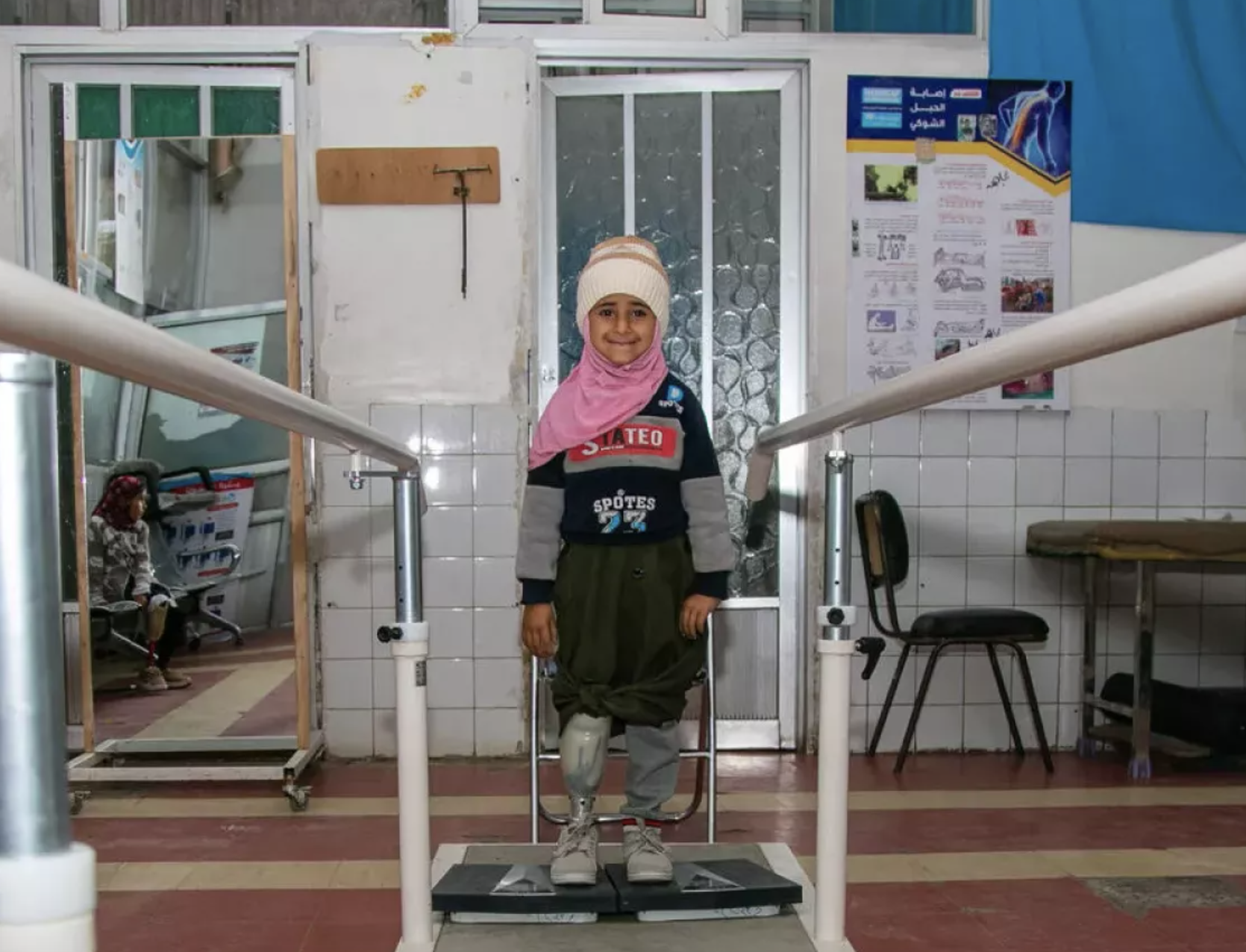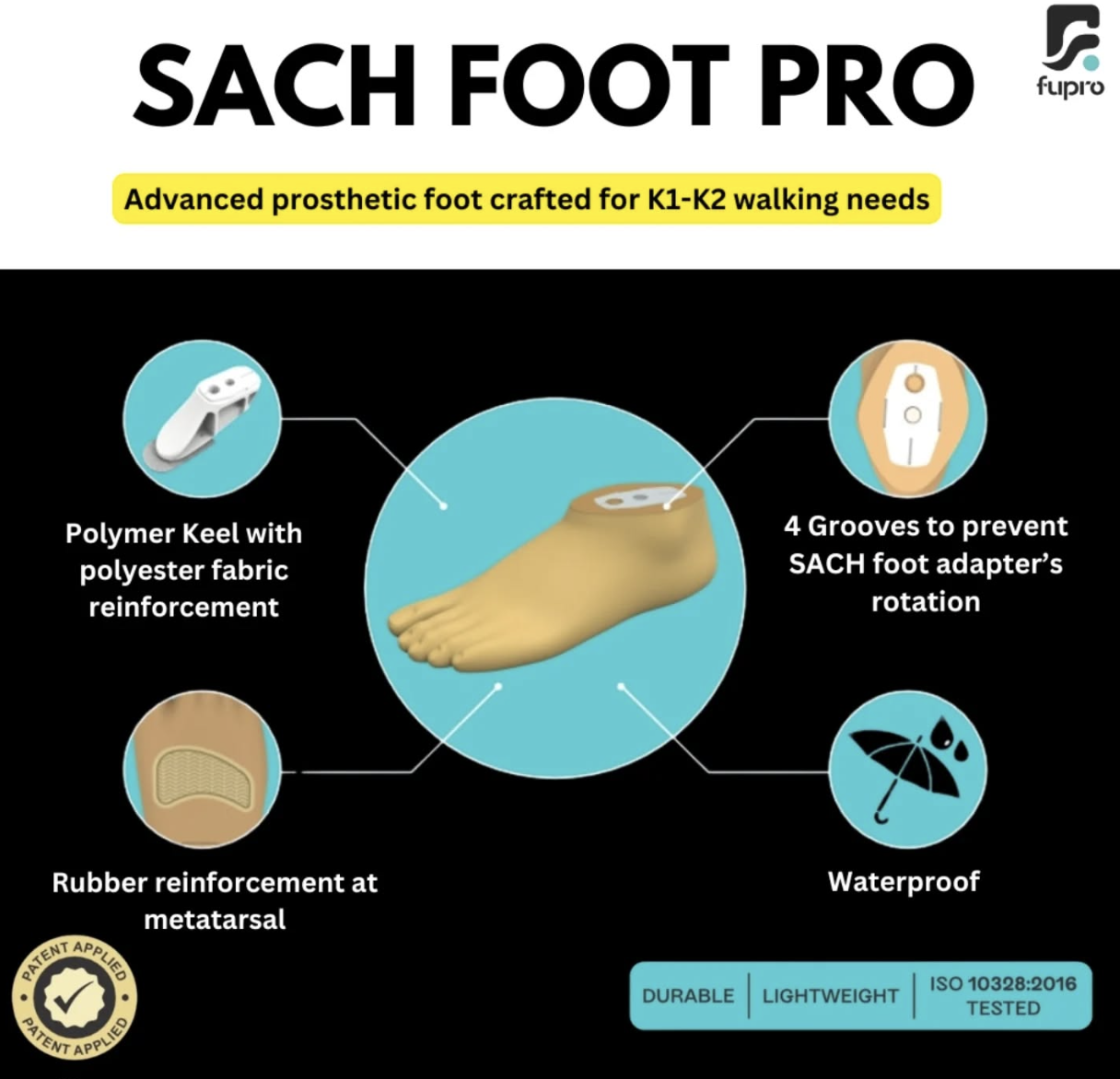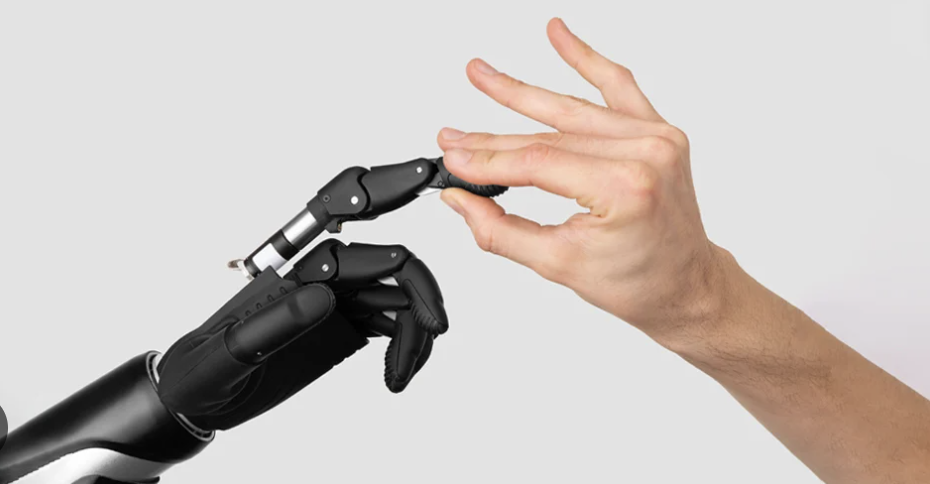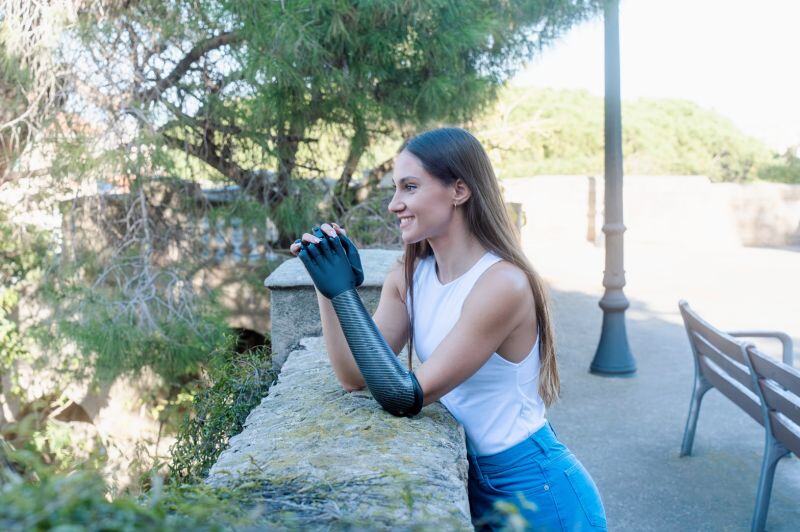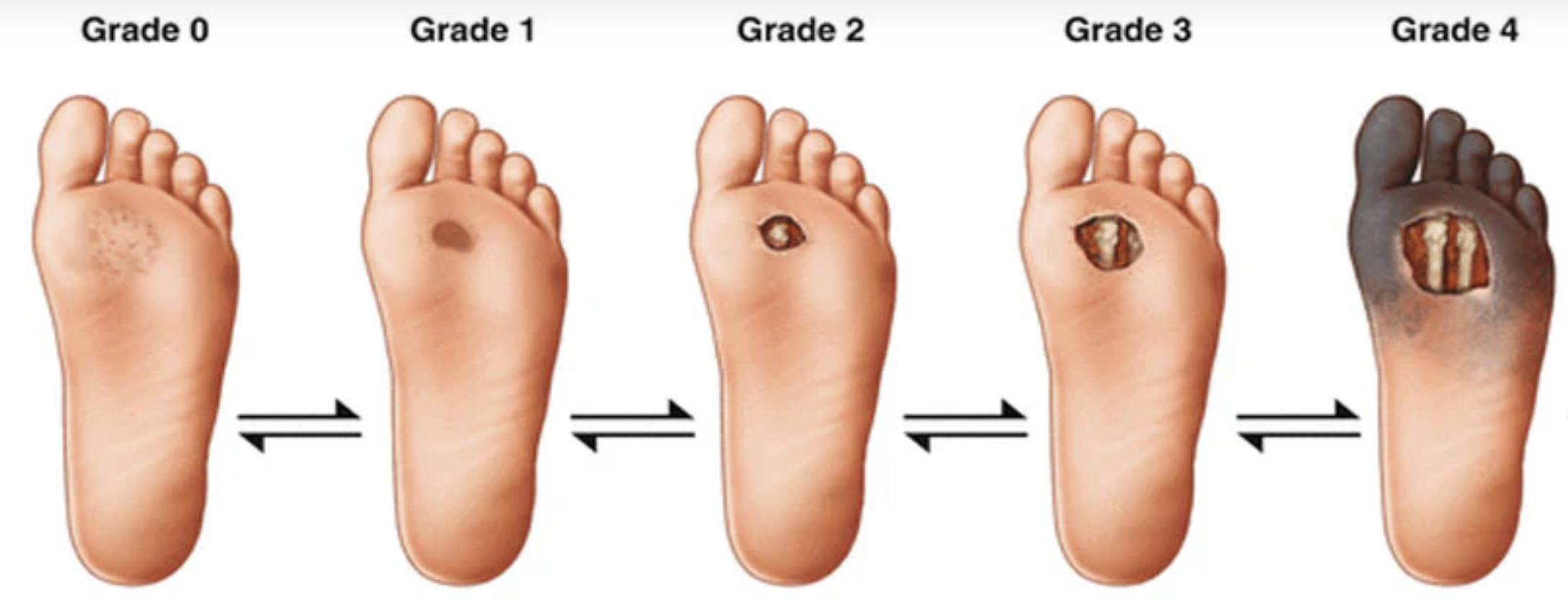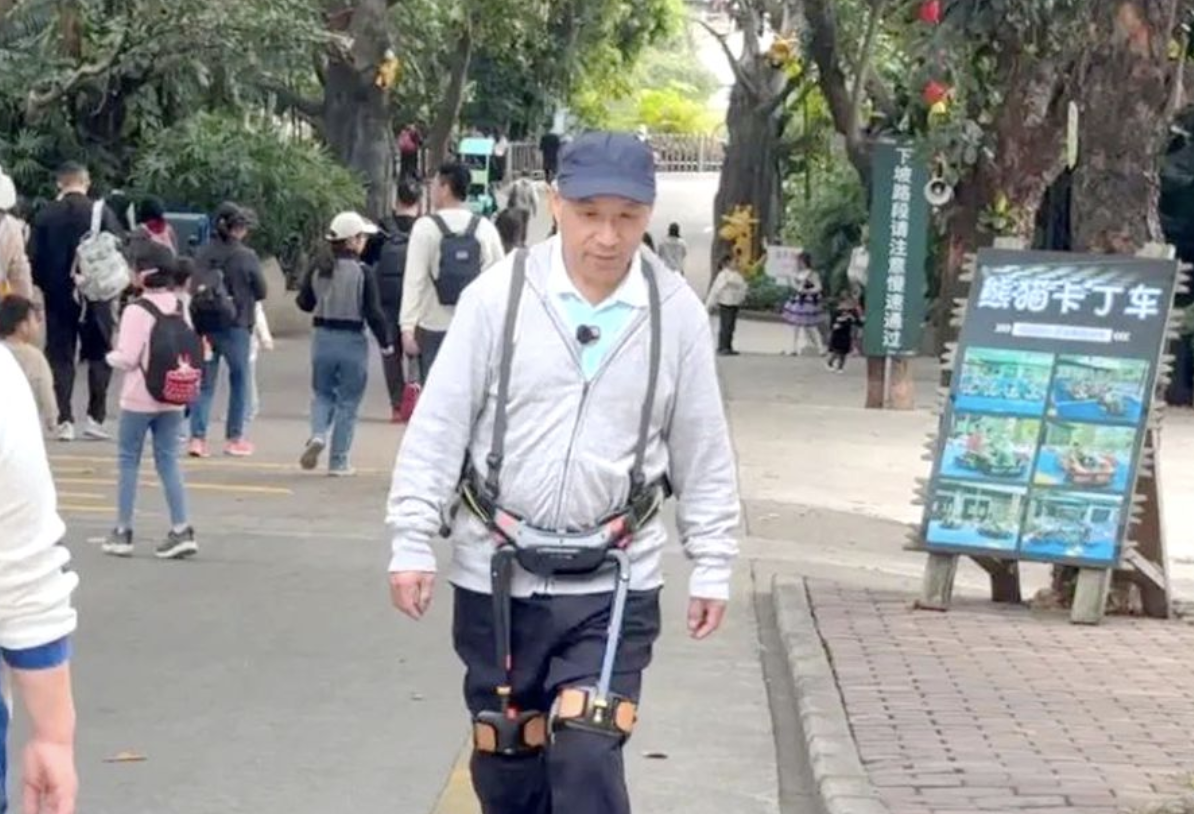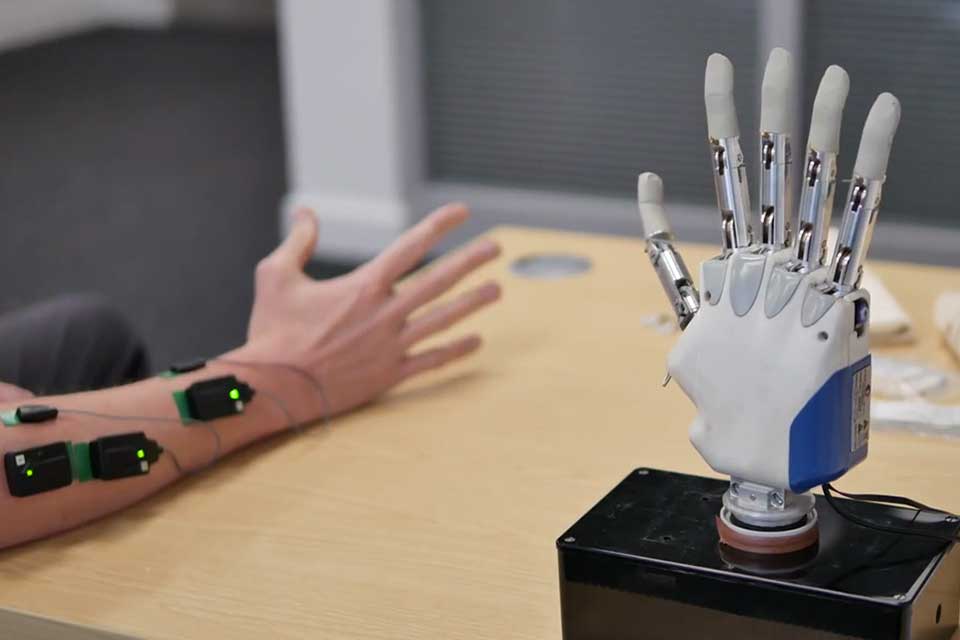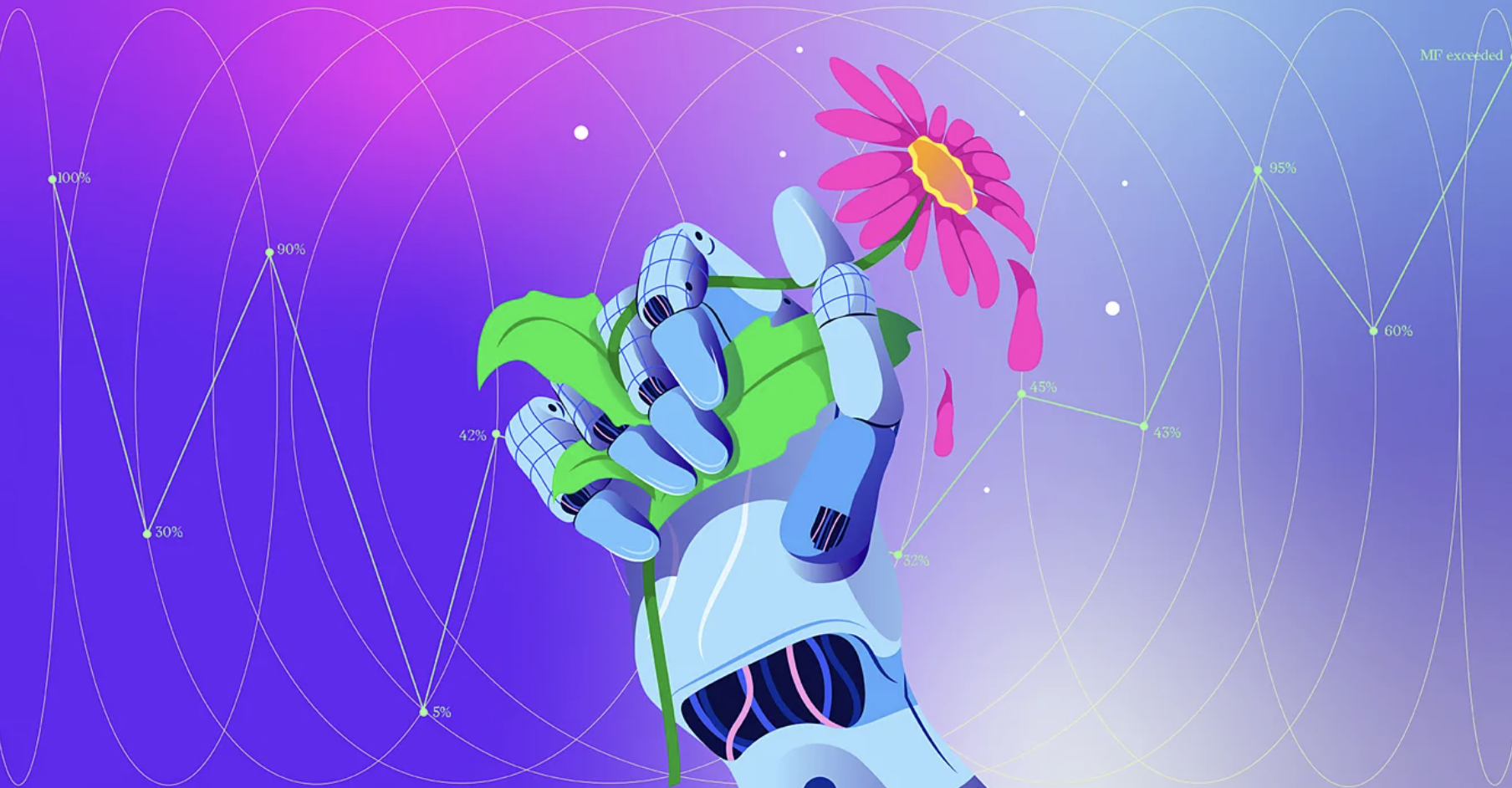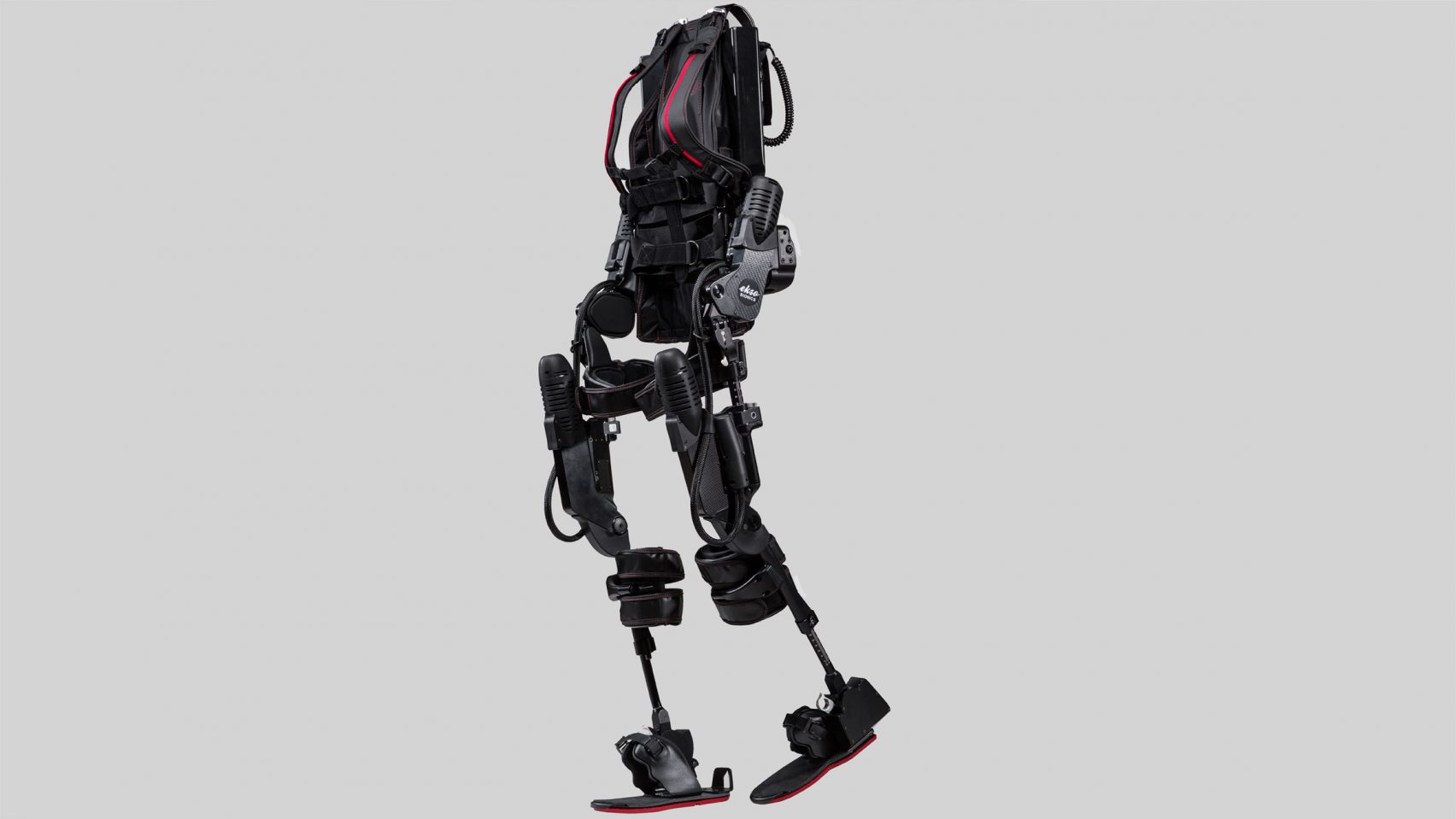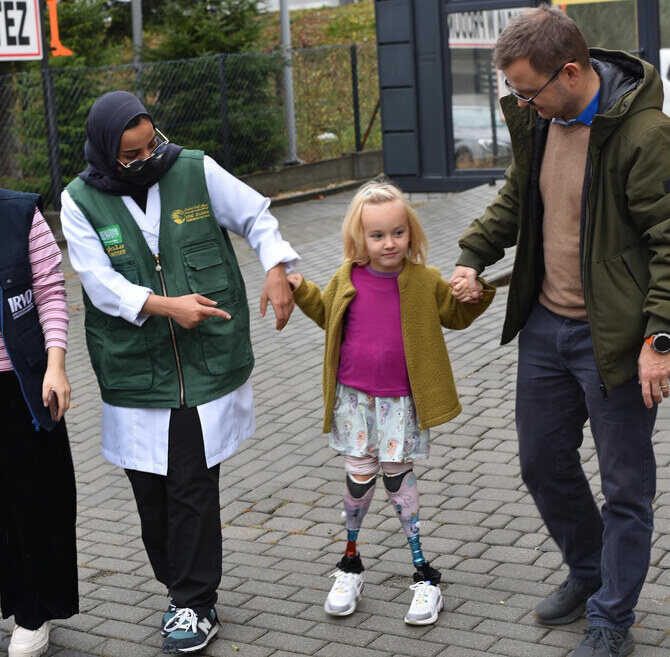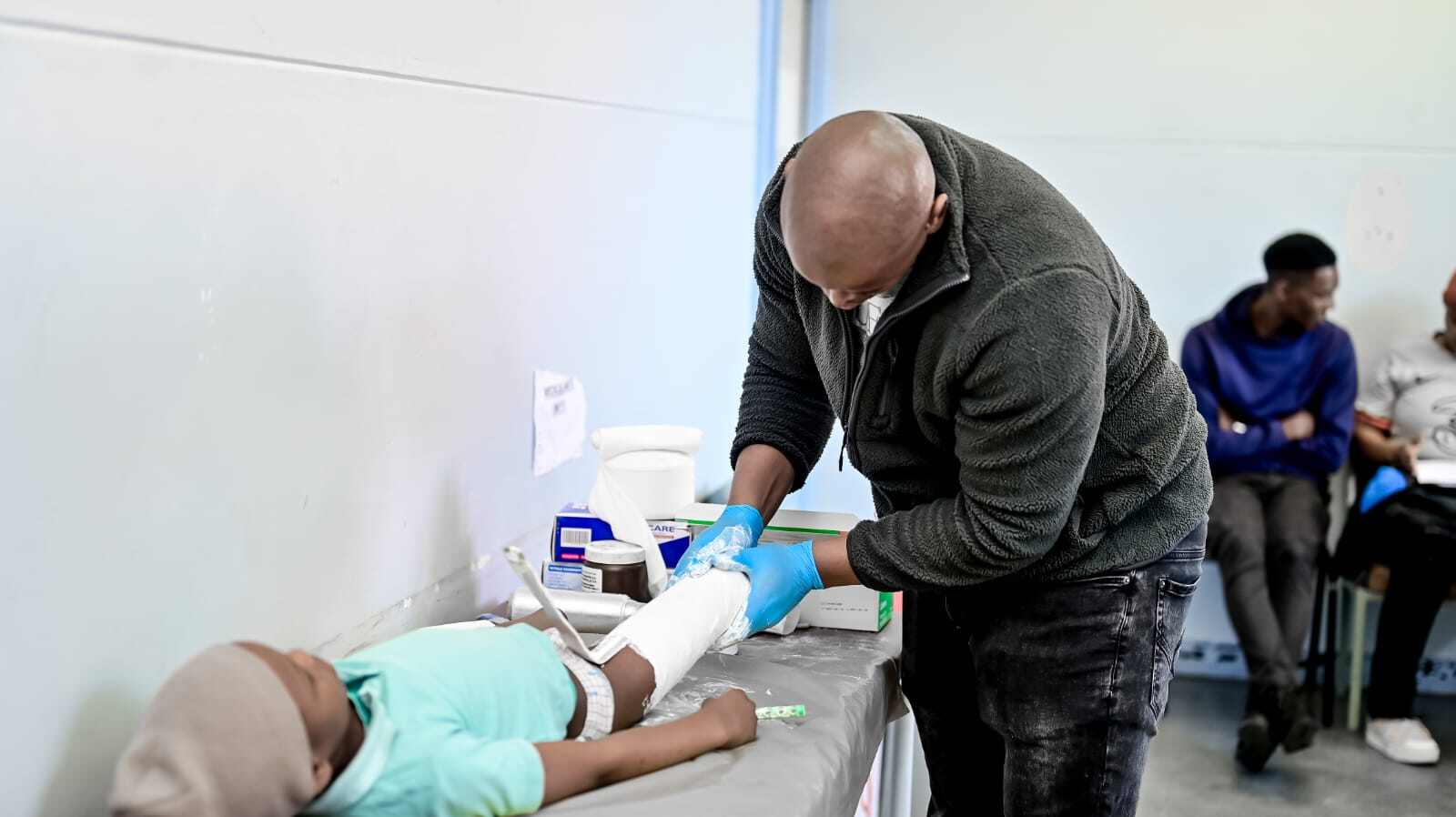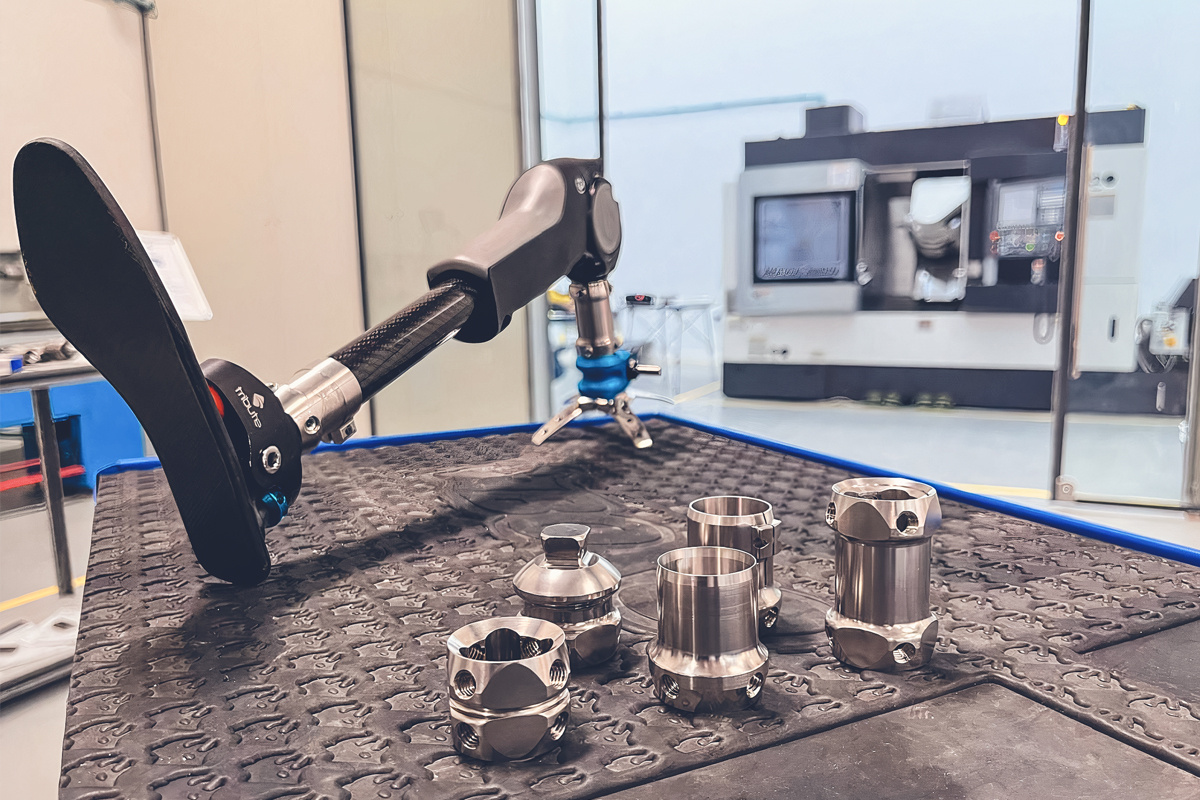Disability rates remain high in Yemen with 18% of Yemen’s child population have functional difficulty in at least one domain, including seeing, hearing, walking, fine motor, communication, learning, playing and controlling behavior[1]. Disability becomes an even tougher burden with poverty, conflict, family neglect, and limited access to medical care. Children often bear the heaviest burden, paying the price of war with their health and, in some cases, their limbs.
To ensure children who lose their limbs are not trapped in despair or bound by their families' inability to afford prosthetics, UNICEF has partnered with the Prosthetics and Rehabilitation centre (PRC) in Sana’a to provide life-changing support.
Since 2021, the PRC, with UNICEF's support, has provided vital assistance to 109 children (33 girls and 76 boys) across the country. Furthermore, in October 2024, UNICEF has recently supplied prosthetics materials for an additional 500 children, helping the centre continue its mission of restoring hope.
A Prosthetic That Helped Overcome the Sadness
Shayef Aishan, a 55-year-old farmer from Jabal Yazeed, Amran, Yemen, shares the story of his nine-year-old daughter, Khadija.
"A wound started to appear on her heel. We treated it for two years, underwent several surgeries, and sought care in various hospitals, but nothing helped. Eventually, doctors said amputation was the only solution," he recalls.
After her foot was amputated, Shayef heard from another patient’s guardian in Dr. Arwa health centre about the support UNICEF provides through the PRC in Sana’a. After visiting the center, Khadija received a prosthetic leg.
"Khadija didn’t sleep all night; she was so happy with her new foot," Shayef says with joy. "She couldn’t wait to return home and start walking again. I thank UNICEF for filling our hearts with joy that we never thought we’d feel again."
Due to her condition, Khadija dropped out of school. After she had the prosthetic leg, she returned to school driven by her determination to continue her education. She has the full support of her father, who treasures her as the only girl among his seven children.

Khadija: A Brave Soul Who Overcame Her Fears

Afrah Al-Harassi, a prosthetic technician at the PRC in Sana’a, was instrumental in helping Khadija regain her mobility.
"Khadija had a strong will and passion to continue her education," Afrah recalls. "She even arrived in her school uniform, determined to return to her studies immediately."
Fitting a prosthetic limb requires physical and psychological preparation. "We focus on training patients to strengthen their muscles, balance their weight on the amputated part, and monitor for any issues like redness caused by pressure. But just as important is helping them accept the new limb and realize they can overcome any difficulties," says Afrah.
Khadija’s resilience allowed her to adapt quickly, in stark contrast to others who often take months to adjust to a prosthetic. "Her ambition to continue her education made her response to the new situation faster and smoother," Afrah adds.

Transforming Lives Through Partnership
UNICEF’s support has been vital to the PRC's operations, allowing many children like Khadija to regain their independence. "I thank UNICEF and hope they will continue amplifying their support," Afrah says. "There are so many children who need these services but cannot afford them due to Yemen's dire economic situation."
By restoring mobility and hope, UNICEF and its partners continue to transform the lives of Yemen's children, ensuring they can overcome challenges and build a brighter future.
